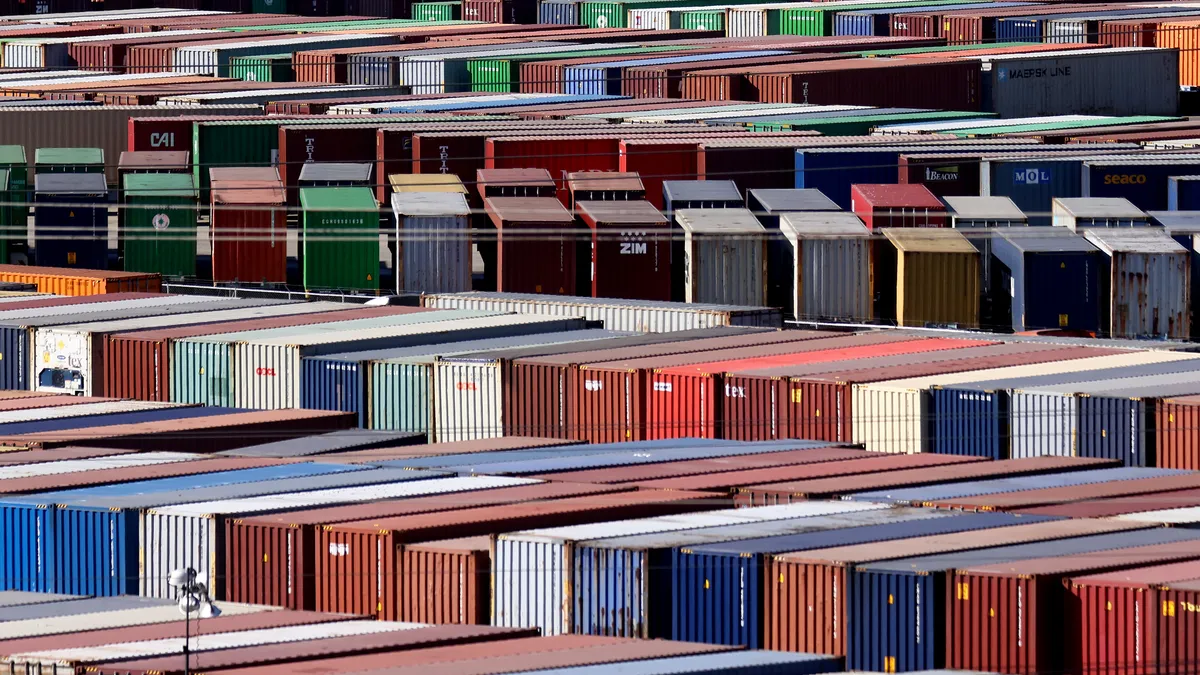Dive Brief:
- Companies worldwide are adapting to the pandemic by shifting production closer to customers, but such efforts to make supply chains more resilient also complicate tax obligations, EY said.
- “There’s a lot of benefits that can be obtained” by overhauling global supply chains, according to Craig Hillier, international tax and transactions services leader at EY. “But there are all these knock-on tax, financial system, payroll, people, talent issues that need to be addressed as well.”
- CFOs need to consider “a whole host of tax issues,” including exit tax cost and transfer of goodwill, Hillier said Thursday during an EY webinar. At the same time, companies shifting supply chains might gain benefits such as tax breaks and funding for employment and training, he said, noting “there’s a lot out there at the moment that companies can take advantage of.”
Dive Insight:
Before the global outbreak of COVID-19, some CFOs had already supported bringing production back home. Many companies adjusted their global procurement as a tariff war erupted between the U.S. and China beginning in 2017, according to the Federal Reserve Bank of New York.
The coronavirus prompted border closings and lockdowns that severely strained supply chains, according to the New York Fed, which combined 27 metrics such as cross-border transportation costs to create the Global Supply Chain Pressure Index (GSCPI).
The index surged at the start of the pandemic as China imposed lockdowns, briefly fell as world production recovered in mid-2020 and rebounded as the virus flared again, New York Fed researchers said.
“More recently, the GSCPI seems to suggest that global supply chain pressures, while still historically high, have peaked and might start to moderate,” according to the Fed researchers.
Companies have sped up the reshoring of production to increase resilience against lockdowns and border closings, Hillier said.
“We’ve seen the growth of what we call the near-shoring or onshoring of people looking to get their manufacturing footprints closer to their customer base,” Hillier said. Many companies during the pandemic have moved production from the Far East to Mexico, Central America, or the U.S.
Geopolitical tensions may thwart efforts to remove kinks in supply chains, PwC said in a recent report.
“While it is anticipated that macro supply challenges eventually will clear, geopolitical risks to supply chains likely will continue unabated,” PwC said.
“Political risks stemming from U.S.-China rivalry, growing volatility in international politics, and trade and security disputes disrupting transport networks and access to resources likely will continue as key downside risks to supply chains, PwC said.
“Companies are responding by transforming their supply chains through digitization, upskilling their talent pool and evaluating their on-shoring, near-shoring and off-shoring arrangements,” according to PwC.












